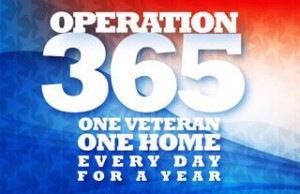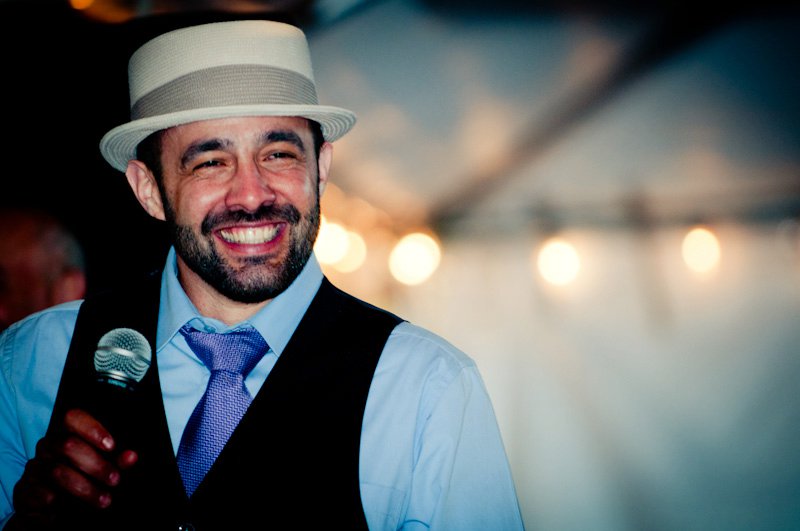 My first encounters with Eugene’s unhoused population was during my time working at the Veteran’s Affairs Behavioral Health Recovery and Reintegration Services (BHRRS) Clinic in Eugene, Oregon. It is here where I first came across the veterans that had served in the U.S. Armed Services. A 2009 report commissioned by the Veteran’s Affairs estimates that on any given one night there are 107,000 veterans that are homeless across America. The VA has identified ending veteran homelessness as one of its main goals in the coming years, a goal shared with Lane County, Eugene and Springfield.
My first encounters with Eugene’s unhoused population was during my time working at the Veteran’s Affairs Behavioral Health Recovery and Reintegration Services (BHRRS) Clinic in Eugene, Oregon. It is here where I first came across the veterans that had served in the U.S. Armed Services. A 2009 report commissioned by the Veteran’s Affairs estimates that on any given one night there are 107,000 veterans that are homeless across America. The VA has identified ending veteran homelessness as one of its main goals in the coming years, a goal shared with Lane County, Eugene and Springfield.
In 2014, Saint Vincent DePaul (SVDP) secured a 3 million dollar grant from the Veterans Affairs’ Supportive Services for Families program. The new program is called “Operation 365” and will involve a collaborative effort with Lane County, Eugene and Springfield the mission is to provide a home to a veteran each day for the next year with a goal of 365 homes secured by Veterans Day 2015. The program will disperse the funding evenly over the next 3-years with 1 million dollars being allocated each year. SVDP estimated there are between 300-400 unhoused veterans living on the streets throughout Lane County. Operation 365 is seen as a way to ending homelessness among military veterans in Lane County. Click on the link to view KEZI’s newscast regarding “Operation 365” (http://www.kezi.com/collaboration-to-end-vet-homelessness/).
I was excited to work on the issue of the unhoused in Eugene because of the new trend in housing people that experience homelessness called micro-villages, or “tiny-home living”. During the course of the next six-months, our Community Planning Workshop team will be conducting a process evaluation of micro-villages. We intend to look at the current state of Eugene’s rest-stop pilot program, which allows for legal camping on approved sites and its sole micro-village, Opportunity Village, which currently has 30 micro-homes, all funded by a one-time donation of $100,000.
Moving forward in the next few months, my CPW-Community Planing Workshop Team, ‘Eugene Rest Stop and Micro Village Program Evaluation’will start to develop a survey. The first survey will be provided to local residents and businesses near rest-stops and Opportunity Village to gauge their perception and impacts on Eugene’s rest-stop policy and Opportunity Village. A second survey will be distributed to residents of Opportunity Village and users of rest-stops. Our goal of this second survey is to gauge the effectiveness of these programs and provide input on recommendations how to better serve the unhoused population through these programs. My team is looking forward to the opportunity to make a difference in the lives of citizens of Eugene that are homeless.
 About the Author: Henry Hearley received his Bachelor’s Degree in Geography from the University of Oregon in 2014. During his free time he enjoys hiking outdoors with his girlfriend and doing CrossFit. Hearley, originally from Wisconsin, has fallen in love with Oregon and the Pacific Northwest.
About the Author: Henry Hearley received his Bachelor’s Degree in Geography from the University of Oregon in 2014. During his free time he enjoys hiking outdoors with his girlfriend and doing CrossFit. Hearley, originally from Wisconsin, has fallen in love with Oregon and the Pacific Northwest.

